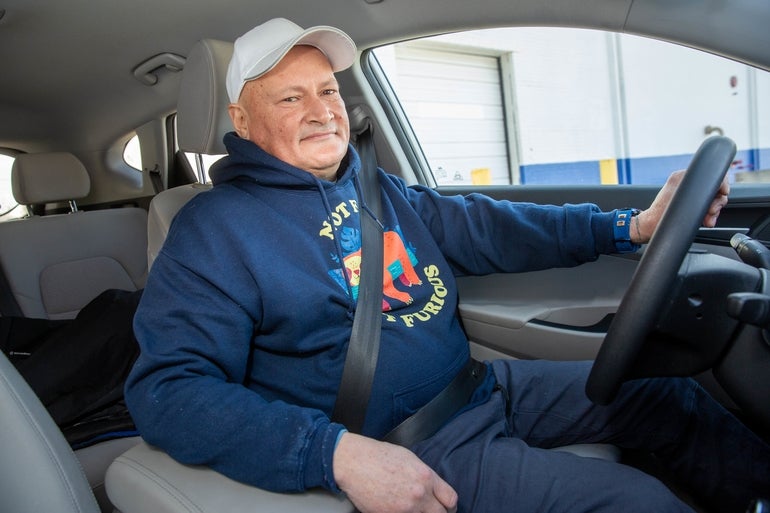In the latest round of the fight between Silicon Valley and Massachusetts regulators over whether workers for companies like Uber and Lyft should be considered full-time employees, the businesses are pushing a UCLA study showing gig workers have had an economic impact of $899 million in Worcester County.
The battle over the worker classification is currently playing out in a bill in the Massachusetts legislature, H.1234, to officially designate gig workers, which includes workers for Uber, DoorDash, and Instacart, as independent contractors, not employees. This is in contrast to an ongoing lawsuit by Massachusetts Attorney General Maura Healey against Uber and Lyft, stating that workers of the ridesharing apps should be classified as employees under the Massachusetts wage and hour laws, and should be granted additional benefits such as overtime, sick leave and minimum wage.
The proposed law is still pending in the Massachusetts legislature, with an increasing possibility the initiative might be put as a ballot question come the November election.
Unlike in Boston, the Worcester area does not have a robust public transportation system, meaning more people may need to rely on apps like Uber to get around in the city. However, prices for rides in the area tend to be lower than in Boston, meaning drivers get paid less. An Uber ride from Worcester’s Union Station to Worcester Regional Airport, for example, costs about 45% less than a ride from Boston’s Landsdowne Station to Logan International, despite the two having the exact same distance, according to Uber’s price estimator.
In preparation, both sides of the debate have prepared an arsenal of academic studies, campaigning groups, and political endorsements in order to convince voters, and gig workers, which side would be best for their income and working conditions.
Proponents of the bill, which have coalesced under the campaign group Flexibility and Benefits for Massachusetts Drivers and the Massachusetts Coalition for Independent Work (MCIW), have countered that classifying gig workers as employees would cause them to lose their flexibility of hours.
The group has produced its own study by Leo Feler, an economist at the University of California, Los Angeles, and a former consultant at the Boston Consultant Group, which states giving gig workers independent contractor status helps bolster their economic impact in the state.
“Rideshare and delivery platforms generate a service that might otherwise exist only on a much smaller scale,” Feler says in the report. “These platforms allow independent workers who provide these services to earn additional income.”
He acknowledged that as contractors, drivers must pay for their own gasoline and auto repairs, but those services help provide additional earnings for businesses that provide them.
According to Feler’s study, the total economic impact of gig workers in Worcester County has been between $439 million and $1.4 billion, depending on the economic model used.
After averaging the initial and conservative economic models, Feler estimates the economic impact of Worcester County to have been $899 million, with an additional $28 million in local tax revenue. In this averaging of economic models, the total economic impact in the state has been $8 billion, with $246 million in local tax revenue.
In addition, Feler estimates an additional $70 million of incremental economic impact has impacted other services in the area as a result of gig workers in Worcester County.
Another study funded by MCIW claimed drivers for gig economy apps earned upwards of $26 an hour during a period between April and September 2021. However, that study did not list the variation in wages across the state.
Opposition to the bill has been led by the campaign groups such as Massachusetts Is Not For Sale, formerly known as the Coalition to Protect Workers’ Rights, the Boston Independent Drivers Guild, and Community Labor United, who claim the bill would leave gig workers with less legal protections and depreciating wages. Their website lists a study done at the University of California, Berkeley, which states drivers could earn as little as $4.82 an hour if the measure passes.
“It works to create an underclass of mostly Black and Brown workers, that have been shut out of having the rights and benefits all other workers do,” said Wes McEnany, the director at Massachusetts Is Not For Sale.
Additionally McEnany said gig workers in Central Massachusetts may be particularly vulnerable.
“They [the drivers in Worcester] don’t make the same money as drivers in Boston,” he said. “If you drive out there in the central part of the state, you’re going to make less money, and there’s going to be less riders; and you’re in a tough situation.”

